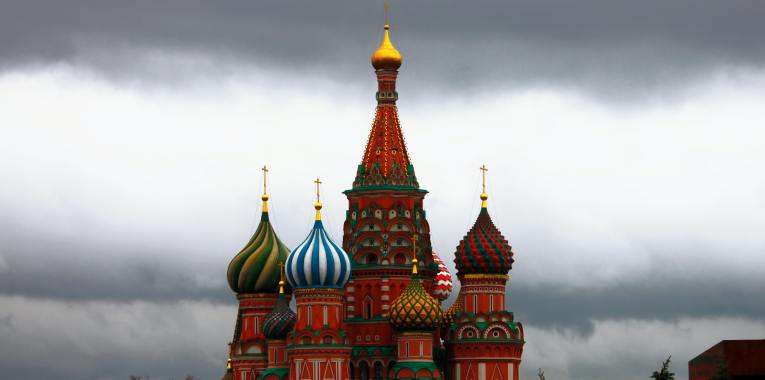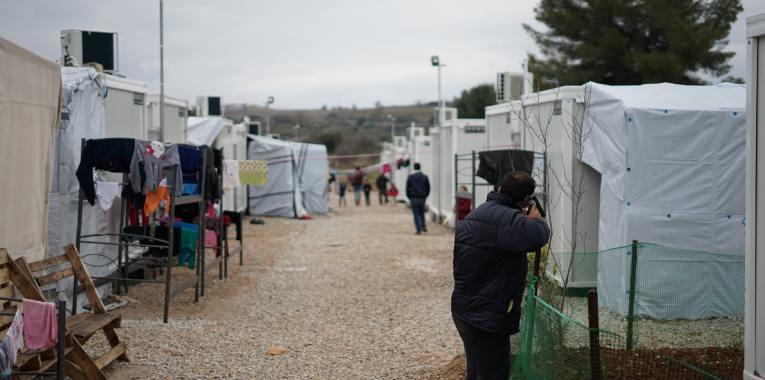Anna Padiasek
Armed soldiers, police hounds, stranded children, and exhausted men and women – these are the images people in Eastern Poland have become accustomed to since August 2021. Because of Lukashenko’s trafficking scheme, thousands of refugees from Yemen, Syria, and Iraq have been brought to Eastern European forests. Most of these migrants, fleeing in the hope of a better life, are met with inhumane treatment on the Polish-Belarusian border. Stuck in limbo on the EU’s external flank, refugees have been re-transported to Belarus by the Polish border control, in many cases without even being given the option of claiming asylum. The human rights abuses on the border are extensive – from physical violence to invigilation of people’s identities and movements. The EU has turned a blind eye to this subject repeatedly, at most declaring their “solidarity with Poland” during this crisis. The lack of reaction from the organisation seems to be a part of the EU’s new refugee policy which seeks to directly target individuals trying to enter Europe through both technology and physical force. This is a drastic change from the EU’s 2015 response which focused on coordinating asylum procedures and migrant redistribution between member states. By tightening border control and stricter monitoring of movements on its grounds and waters, the EU has shifted towards a pre-emptive approach.










